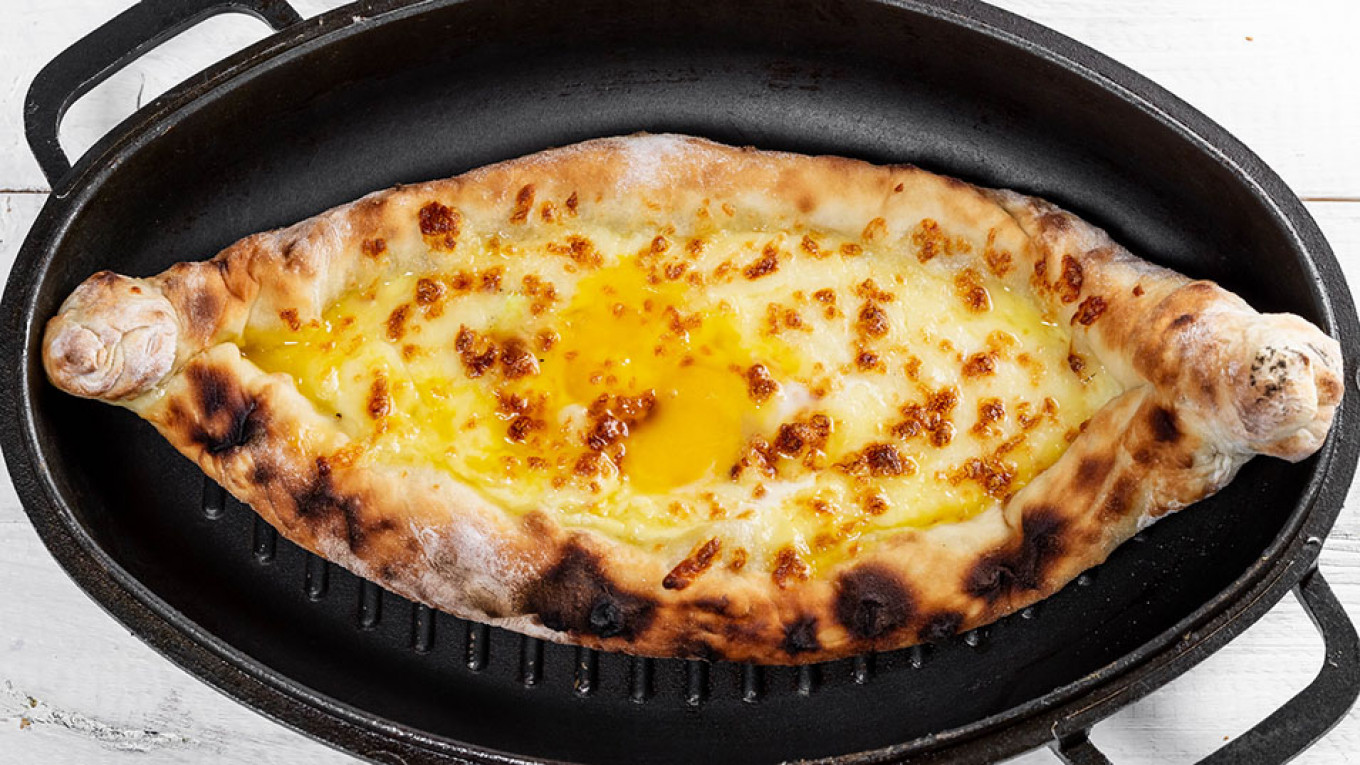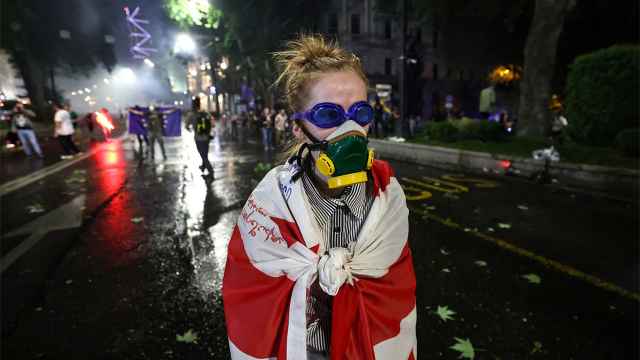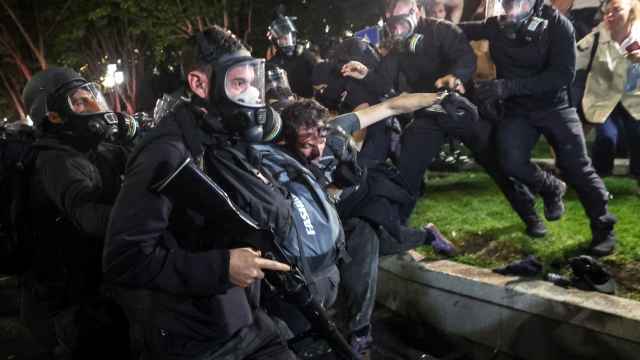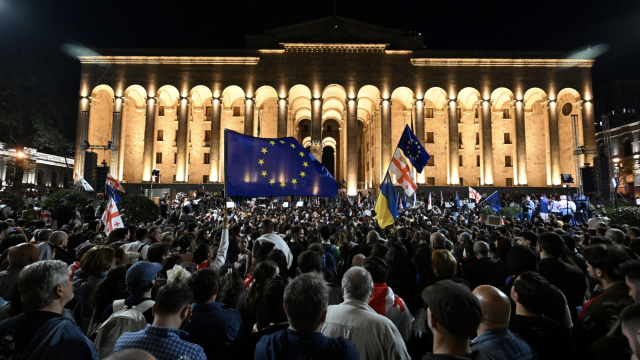If the Communists of Russia had their way, we’d be eating Russian pelmeni and pyshki instead of Georgian khinkali and khachapuri right now.
Russian politicians have called for tough economic sanctions against Georgia after protests erupted last month in the South Caucasus nation over the visit of a lawmaker from Moscow. Russia previously banned Georgian wine and sparkling water imports in 2006-2013 on the back of deteriorating relations.
The Communists of Russia party, which split from the better-known Communist Party in 2012, proposed last week to rename popular Georgian dishes with their Russian approximations. That way, the traditional Georgian dumpling khinkali would instead be branded pelmeni, a Russian dumpling; and the cheesy bread khachapuri would go by pyshki, or fried dough.
“We submitted this demand because we want adequate responses to the disrespect emanating from Georgia,” Yaroslav Sidorov, the party’s deputy chief, told The Moscow Times on Monday.
“You stroll through the city [of Moscow] and see all these khinkali [restaurants]. I can’t imagine a ‘pelmennaya’ sign hanging in Tbilisi,” he said.
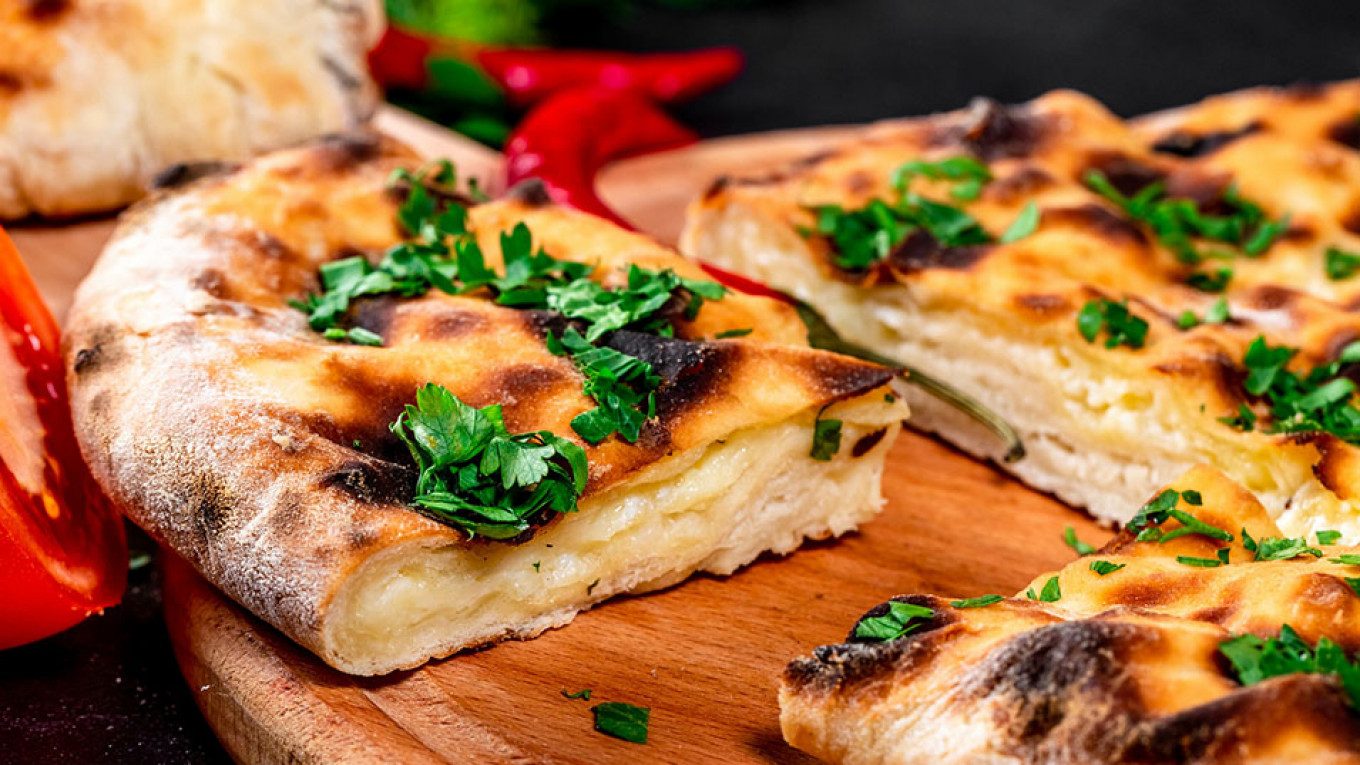
Sidorov says the rebranding of Georgian food, which enjoys widespread popularity in Moscow, “is unlikely to worsen the current state of things, after everything that’s happened there.”
Asked whether the proposal would gain traction, the party executive told The Moscow Times: “I can’t say that the petition will be approved, but I hope that it will spark a reaction.”
Demand for khinkali has dropped 19% and 13% for khachapuri in Russia between July 1 and July 10 compared to the same period last year, according to a study cited by the RBC news website Monday.
A Message from The Moscow Times:
Dear readers,
We are facing unprecedented challenges. Russia's Prosecutor General's Office has designated The Moscow Times as an "undesirable" organization, criminalizing our work and putting our staff at risk of prosecution. This follows our earlier unjust labeling as a "foreign agent."
These actions are direct attempts to silence independent journalism in Russia. The authorities claim our work "discredits the decisions of the Russian leadership." We see things differently: we strive to provide accurate, unbiased reporting on Russia.
We, the journalists of The Moscow Times, refuse to be silenced. But to continue our work, we need your help.
Your support, no matter how small, makes a world of difference. If you can, please support us monthly starting from just $2. It's quick to set up, and every contribution makes a significant impact.
By supporting The Moscow Times, you're defending open, independent journalism in the face of repression. Thank you for standing with us.
Remind me later.


